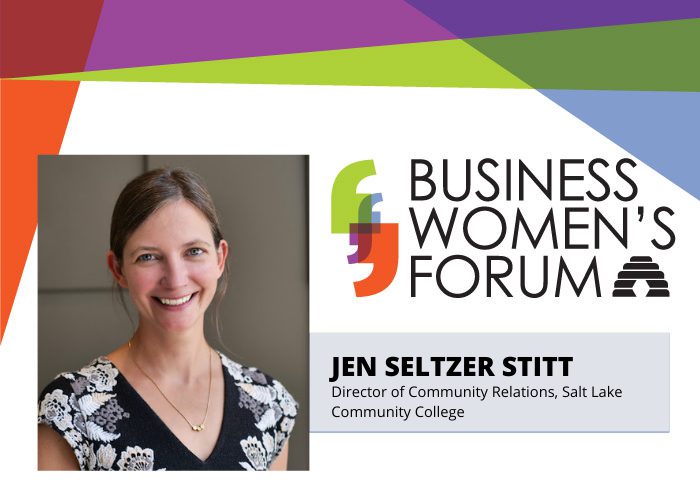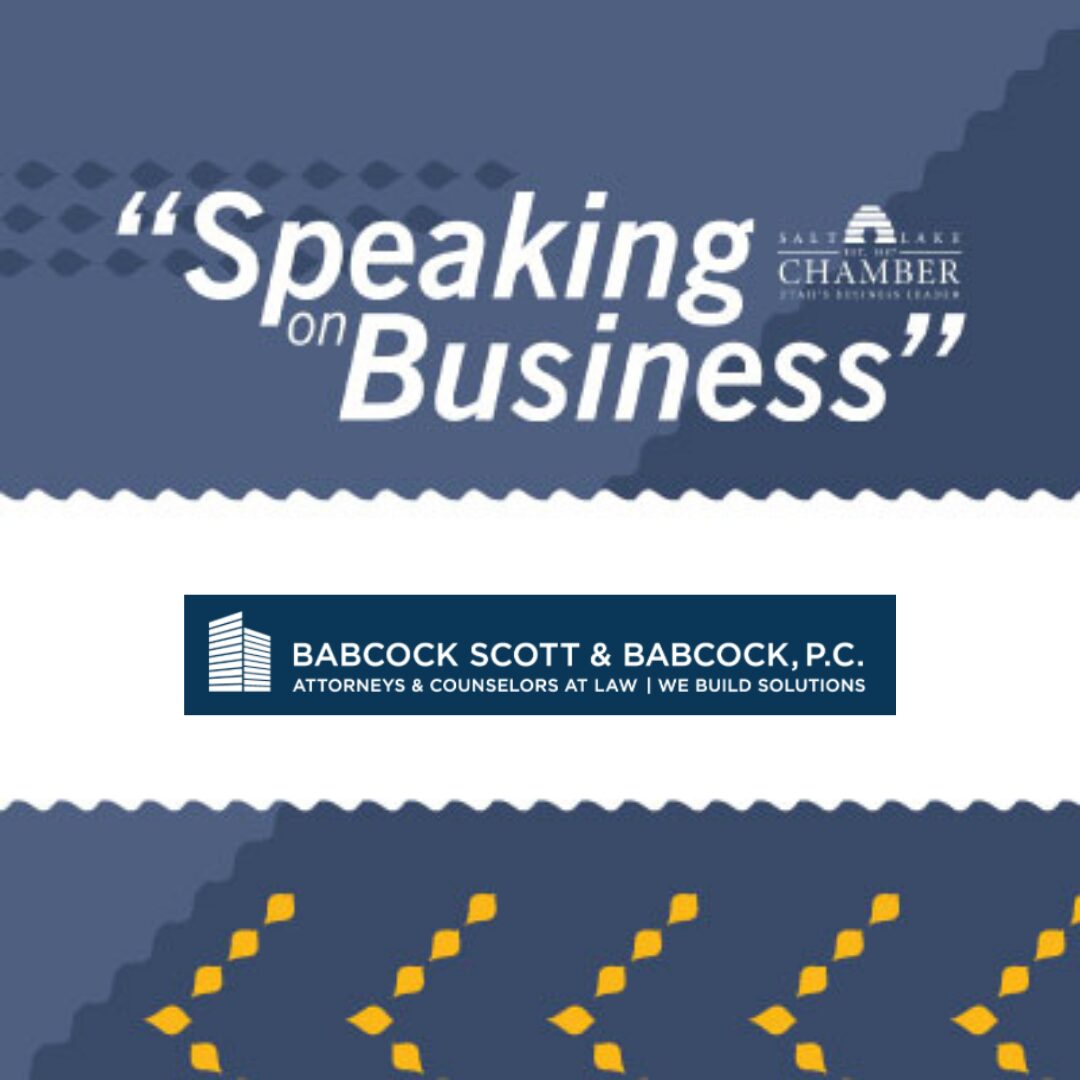Adaptability is a popular pandemic buzzword in a lot of offices. We’re told that the one most important – if not the most important – leadership skill is the ability to adapt. Good news, friends. By this standard, we are all leaders. I don’t know a soul who hasn’t twisted and contorted themselves during the past two years to meet an avalanche of new and increasingly bizarre challenges. And it isn’t just you and me trying to navigate shifting sands. The people we love, the places we work, and the communities we live in are also adjusting to rapidly changing realities.
All this unrelenting uncertainty and constant learning can make even the strongest person weary. No matter how open to new ideas or how courageous we are, it is difficult not to tremble, even if only the smallest bit, at the end of a long day when we wonder what the world will ask of us tomorrow.
I was talking with a friend about the tension between the very real need to adapt and the fatigue and anxiety that accompanies constant change. She said, “I always thought I was adaptable. I love change. But over the past year, I realized that I only like good change.”
Good change. The phrase reminded me of Congressman John Lewis’ celebrated call to get in “good trouble.” In a 2020 speech commemorating Bloody Sunday, Congressman Lewis told us to –
“Be hopeful, be optimistic. Our struggle is not the struggle of a day, a week, a month, or a year, it is the struggle of a lifetime. Never, ever be afraid to make some noise and get in good trouble, necessary trouble.”
The ability to adapt to the changes imposed on us is important. If all we do is survive – bend with the winds of change without breaking – we can and should be proud. There are days when I consider it a victory to have made it through intact.
But there are also times when we have the capacity to do more than endure. In these moments, we step back from the details that so often dictate day-to-day survival and look at the big picture. We shift from reaction to innovation and creation. It is from this vantage point that we can use crisis and uncertainty to actively unlearn “the old way of doing” and make good and necessary changes.
Good change feeds our souls and transforms our organizations and communities for the better. I’m convinced that means something as simple as creating new connections in our daily life that help our families and communities thrive and rise to helping manage or support large institutional and systems change. It is asking questions about what can be: What new technology do we need to adopt? What new languages do we need to learn? What new approaches do we need to take to be the people and the organizations we would like to become?
Is it any wonder we like the idea of good change? It is hopeful, inspiring, and innovative. But it is also really hard work to do in the middle of a pandemic and all the uncertainty that comes with it. There are few people – if any – who can sustain day-in and day-out the type of audacity, vulnerability, optimism, and energy it takes to realize good and necessary change. Instead, it seems that we move between the role of adapting and creating, of surviving and rising. With that in mind and no matter the role you see yourself in today, be hopeful and be optimistic. You are the leader we need.
 About our Guest Writer:
About our Guest Writer:
Jennifer Seltzer Stitt
Director of Community Relations, Salt Lake Community College
Jennifer Seltzer Stitt is Director of Community Relations at Salt Lake Community College. She works to strengthen the College’s role within our community and facilitates support for a variety of college initiatives. Throughout her career, she has worked with nonprofits, government, and community to create systems change and give people the platform and tools they need to succeed. Jennifer earned her bachelors from Miami University and her masters from the Johns Hopkins School of Advanced International Studies. When she isn’t working, you will find Jennifer at local festivals, farmers markets, and baseball games with her husband and two energetic boys.


